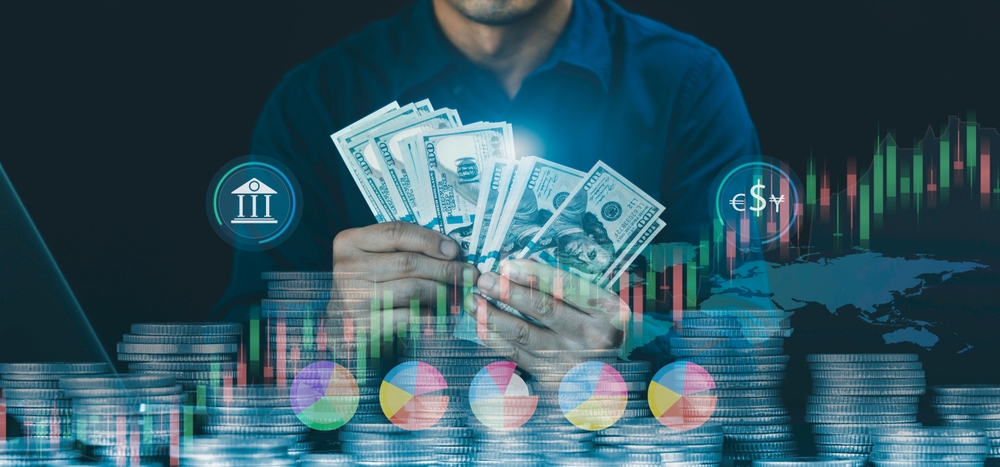As the U.S. approaches a pivotal presidential election, inflation has quietly returned to normal levels, though it remains a significant concern for voters. More than half of adults cite inflation as their top issue, outpacing other concerns such as immigration, crime, and abortion, according to a recent Ipsos poll.
While inflation has slowed dramatically from its 2022 peak of around 9%, hovering near the Federal Reserve’s target rate of 2%, many Americans continue to feel the cumulative impact of price increases from recent years. A slower adjustment to rising costs and lingering frustrations from high prices in recent years have caused many consumers to feel inflation remains high.
Experts attribute this disconnect to the delay between inflation reductions and consumer adaptation to elevated price levels. “Inflation is really something that takes people a long time to feel better about,” Chris Jackson, an Ipsos analyst, told ABC News. He noted that while it’s beneficial for Harris that inflation has cooled, a more rapid improvement could have boosted her chances in the upcoming election.
Significant changes have occurred in household staples like gas prices, which have dropped, and food prices, which are now rising slower than the overall inflation rate. Housing, however, remains a problem as it continues to climb at a rate more than double other price increases, according to data from the U.S. Bureau of Labor Statistics.
Despite inflation’s return to normal, the accumulated 20% price hike since early 2021 helps explain why many still feel inflation is high. Recent surveys show a gap between consumer perceptions and economist conclusions regarding inflation, as more than two-thirds of adults believed inflation remained higher than the previous year, despite expert data showing otherwise. This persistent feeling may impact the election, as Vice President Kamala Harris faces scrutiny over inflation concerns while contending with former President Donald Trump.
However, some improvement in consumer sentiment over the past few months could limit the damage for Harris. Despite this slight uptick, overall attitudes toward the economy remain below pre-pandemic levels, the University of Michigan survey found. While concerns about inflation continue to persist, the improved sentiment could favor Harris heading into November.
Political partisanship also plays a significant role in inflation perception, with conservative media consumers being far more likely to report not seeing price decreases than mainstream media consumers. This divide reflects broader economic perceptions tied to political affiliations, experts said.
Ultimately, the economic situation, including inflation trends, could be a deciding factor in the election. Experts say we’ll have a clearer picture of how inflation impacts voter decisions as the election draws nearer.


